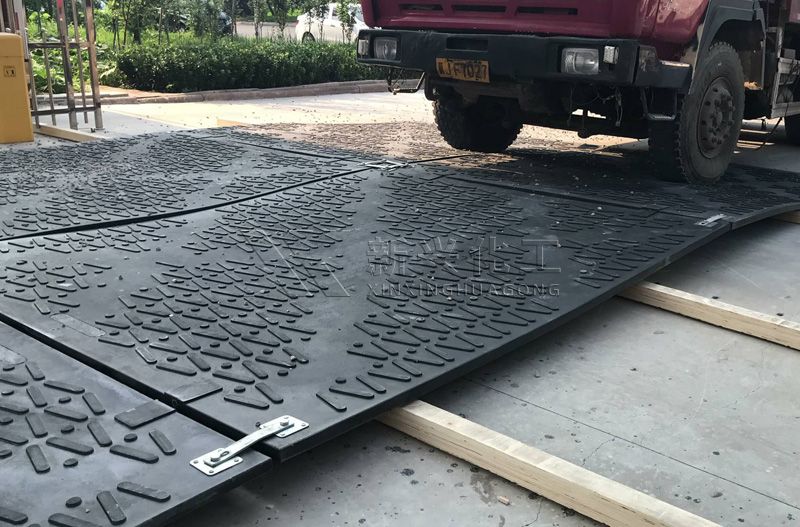Plastic Ground Cover Mat: A Comprehensive Buyer’s Guide
In the ever-evolving landscape of agriculture, gardening, and landscaping, the plastic ground cover mat has emerged as a crucial product. These mats are designed to protect soil, manage weeds, and improve plant growth by regulating moisture and temperature. As a seasoned buyer in the foreign trade industry, understanding the nuances of purchasing plastic ground cover mats can significantly influence your procurement strategies.
What Is a Plastic Ground Cover Mat?
A plastic ground cover mat is a protective layer made from durable plastic materials, primarily polyethylene or polypropylene. These mats are designed to be laid over soil, providing a barrier against weeds while retaining moisture and preventing soil erosion. They come in various sizes, thicknesses, and colors, catering to diverse agricultural and landscaping needs.

Applications of Plastic Ground Cover Mats
Plastic ground cover mats are widely used across multiple sectors, including:
Agriculture: Farmers utilize ground cover mats to suppress weed growth and retain soil moisture, leading to healthier crop yields. These mats are particularly effective in vegetable and fruit production.
Horticulture: Gardeners often use plastic ground cover mats in flower beds and gardens to enhance aesthetics while controlling weed growth and minimizing maintenance efforts.
Landscaping: In landscaping projects, these construction road mats provide a clean and tidy appearance, ensuring that soil and mulch do not mix, thereby maintaining a professional look.
Erosion Control: In areas prone to soil erosion, ground cover mats help stabilize the soil and prevent the loss of nutrients, making them vital for environmental conservation efforts.
Key Factors to Consider When Purchasing Plastic Ground Cover Mats
When buying plastic ground cover mats, several important factors should be considered:
Material Quality
The quality of the plastic used in the ground cover mat significantly impacts its durability and effectiveness. Look for high-density polyethylene (HDPE) or polypropylene materials, which offer better UV resistance and longevity.
Thickness
The thickness of the mat is crucial for its performance. Thicker mats tend to provide better durability and weed suppression but may come at a higher cost. Consider the specific application and environmental conditions when selecting the appropriate thickness.
Weed Control Efficacy
Different mats provide varying levels of weed control. Some mats are designed to allow water and nutrients to penetrate while blocking sunlight to prevent weed growth. Research the effectiveness of different products to ensure optimal results.
Size and Coverage
Assess the area you intend to cover and choose a mat that fits your specific dimensions. Many suppliers offer rolls in various lengths and widths, allowing for flexibility in coverage.
Installation Ease
Consider how easy the mats are to install. Some products come with pre-cut sizes or edges designed for secure placement, while others may require additional tools or fasteners for installation.
Environmental Impact
If sustainability is a priority for your project, look for mats made from recycled materials or those that are biodegradable. These options minimize environmental impact and appeal to eco-conscious consumers.
Conclusion
Plastic ground cover mats are essential tools for enhancing agricultural productivity and maintaining aesthetically pleasing landscapes. With a growing focus on sustainability, durability, and customization, the market for these ground mats continues to evolve. By understanding the current trends and carefully considering the factors that influence your purchase, you can make informed decisions that will benefit your projects. Whether you are a large-scale farmer or a small-scale gardener, investing in the right plastic ground cover mat can yield significant returns in both productivity and appearance.
Comments
Post a Comment